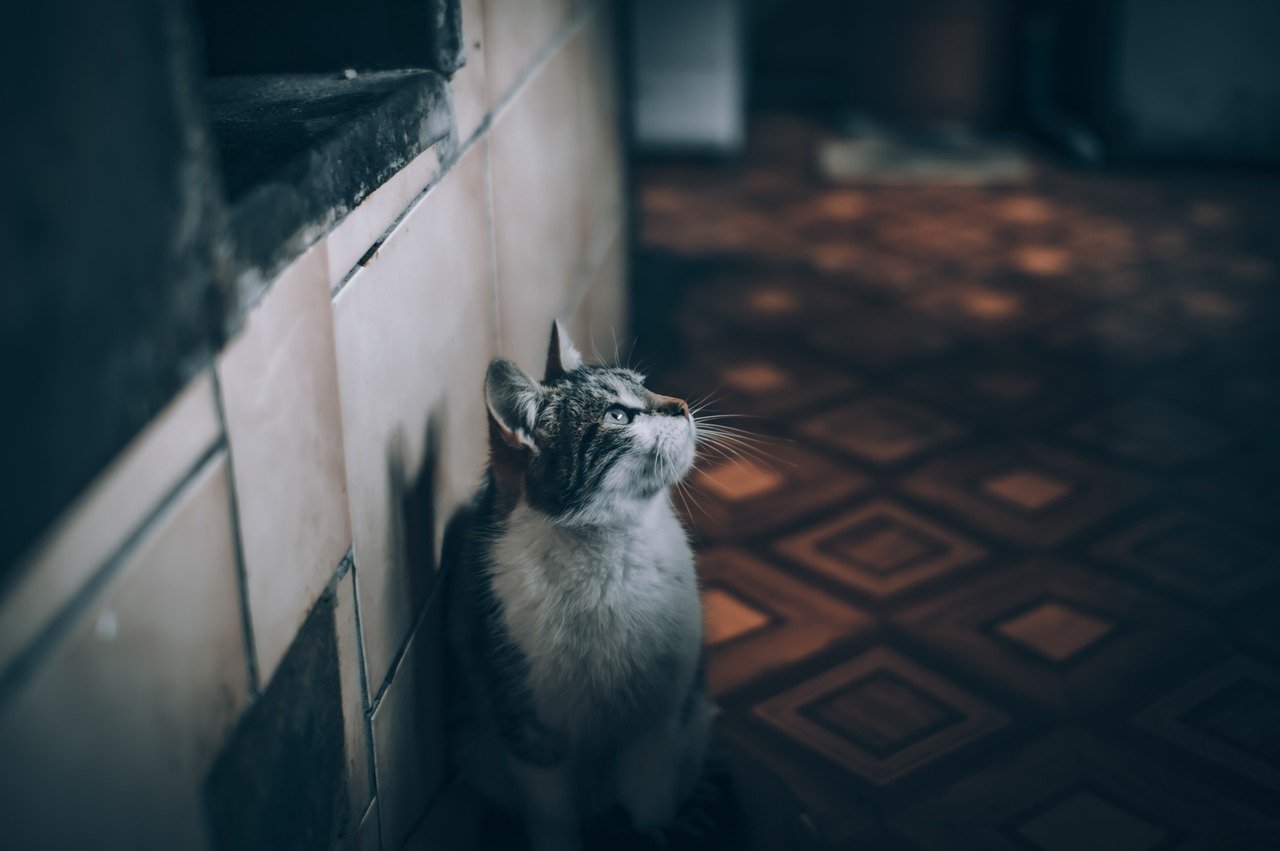Cats are often perceived as the epitome of confidence and independence. With their graceful strides and unflinching glares, they seem to own every room they walk into. However, beneath those poised exteriors, even the most self-assured felines can experience moments of insecurity. Whether it’s a sudden change in their environment or a peculiar sound, certain triggers can unsettle our feline friends. Let’s delve into what can shake the confidence of these graceful creatures.
Unfamiliar Visitors
Imagine being in your comfortable space, and suddenly, a stranger walks in. That’s how cats feel when unfamiliar visitors enter their territory. Cats are territorial creatures, and any intrusion by someone they don’t know can be unsettling. The scent, the sound, and the mere presence of an unfamiliar person can make even the bravest cat retreat to a safe corner. It’s akin to having your personal space invaded by an unknown presence, causing a ripple of insecurity.
Changes in Routine
Cats thrive on routine. Just like humans who struggle when their daily schedule is disrupted, cats can become anxious when their predictable world is turned upside-down. Whether it’s a change in feeding times or a new work schedule of their owner, these disruptions can throw them off balance. Cats, much like us, find comfort in the familiar. When the usual order is disturbed, their sense of security is jeopardized, making them feel vulnerable.
New Pets
Introducing a new pet into the household can be a joyous occasion for humans but can be quite the opposite for your resident cat. Cats are known for their territorial nature and introducing a new animal, whether another cat or a dog, can be perceived as a threat. It’s like having a new roommate without any prior notice. This sudden sharing of space and attention can make even the most confident cat feel dethroned, leading to feelings of insecurity.
Loud Noises
Loud noises are a common source of anxiety for many animals, and cats are no exception. Whether it’s a thunderstorm, fireworks, or the sudden clatter of household items, loud and unexpected sounds can startle cats and make them feel unsafe. Cats have a heightened sense of hearing, and loud noises can be overwhelming, akin to someone shouting directly into your ear. These noises can trigger a fight-or-flight response, causing them to hide or become agitated.
Trips to the Vet
For most cats, a trip to the vet is the equivalent of a human going to the dentist. It’s a necessary evil but not one they look forward to. The car ride, the unfamiliar smells, and the poking and prodding can make even the most confident cat feel vulnerable. This experience can be stressful, and their usual confidence can quickly turn into anxiety and fear. It’s an unavoidable experience, but one that certainly rattles their sense of security.
Changes in Environment

Moving to a new home or even rearranging furniture can be disconcerting for cats. They rely heavily on their environment for cues and comfort, and any significant change can disrupt their sense of normalcy. Imagine waking up in a completely different bed and room; that’s how a cat feels when their environment changes. These changes can lead to stress and insecurity as they try to navigate the new layout or scents around them.
Health Issues
Just as humans can feel insecure when they’re not feeling well, cats too can experience anxiety when they’re unwell. Health issues, whether minor or serious, can affect a cat’s behavior and confidence. They might become more withdrawn or behave erratically when they’re in pain or discomfort. It’s essential to monitor any changes in behavior, as these can be indicators of underlying health problems that need attention.
Separation Anxiety
While cats are often seen as independent creatures, many can suffer from separation anxiety. Being left alone for extended periods can make them feel abandoned and insecure. Imagine a child left alone in a store; that’s the kind of insecurity cats might feel when their human companions are away. This anxiety can manifest in various ways, such as excessive meowing, destructive behavior, or even changes in eating habits.
Introduction of New Scents
Cats have an incredibly sensitive sense of smell. The introduction of new scents, whether it’s a new cleaning product or a different perfume, can disrupt their environment. It’s as if someone suddenly sprayed a strong fragrance in your room; it can be overwhelming. These new scents can make them feel uneasy as they try to understand what this new element in their surroundings means, potentially triggering insecurity.
In conclusion, while cats often exude an air of confidence, they are not immune to feelings of insecurity. Understanding these triggers can help cat owners create a more stable and comforting environment for their feline friends. By being mindful of these factors, we can ensure that our cats continue to strut with the same grace and poise that we admire.

Growing up traveling and experiencing new cultures and wonders, I have had a passion for nature, adventuring, photography, and videography. I am currently working towards a BSc in Biodiversity and Ecology at Stellenbosch University, and I hope to specialise in Marine Sciences one day.
Please send any feedback to Feedback@animalsaroundtheglobe.com






